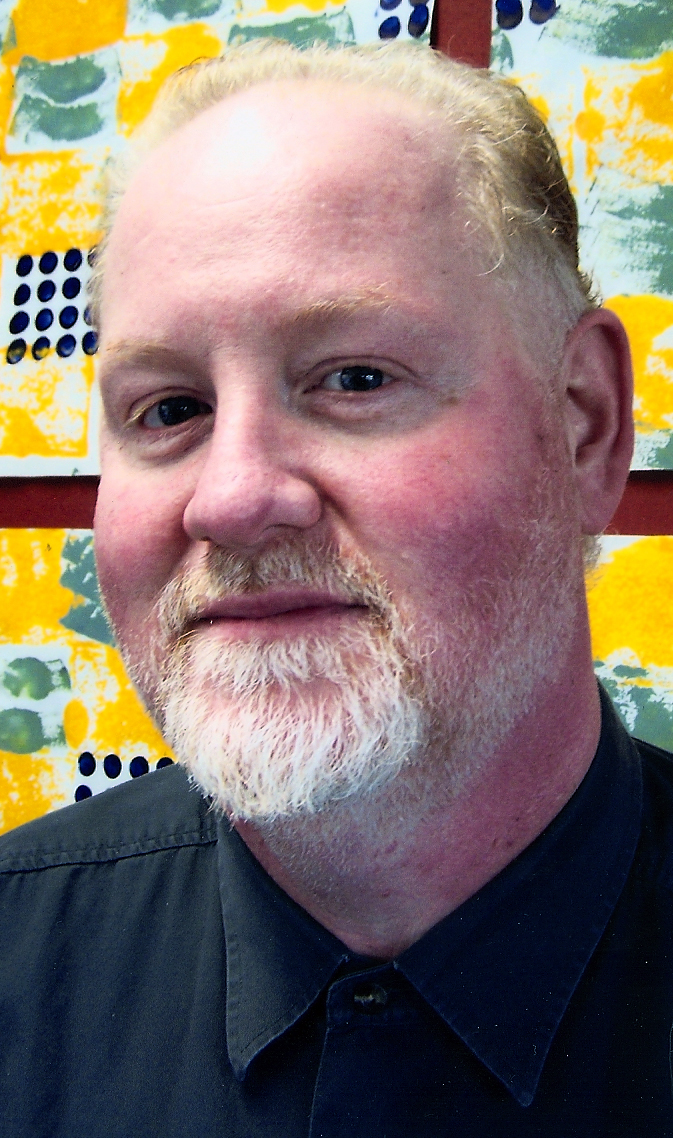In 1986 at 23 years of age Craig entered prison with very poor literacy skills, but since then he has earned an interdisciplinary Bachelor of Arts an Honours Degree and a PhD in applied ethics and moral philosophy, He has published over 40 articles in a wide range of academic journals and general publications since 1994. In 2001 Craig was inducted into the Deakin University Chapter of the Golden Key International Honour Society for outstanding scholastic achievement and excellence.
 On 29 April 2004 Craig graduated from Deakin University with a BA. Craig’s Bachelor of Arts was a widely ranging interdisciplinary humanities program which was based in Deakin University’s School of Social Inquiry, School of Literary and Communication Studies and the School of Social and International Studies which comprised of three major sequences:
On 29 April 2004 Craig graduated from Deakin University with a BA. Craig’s Bachelor of Arts was a widely ranging interdisciplinary humanities program which was based in Deakin University’s School of Social Inquiry, School of Literary and Communication Studies and the School of Social and International Studies which comprised of three major sequences:
- Philosophical Studies;
- Comparative Studies in Art, Science and Religion; and
- Literary Studies
The Philosophical Studies major took an analytical, comparative and historical approach to philosophy, the history of ideas, religious and science studies in relation to the nature of human existance, value, belief and purpose, and knowledge and belief.
The Comparative Studies in Art, Science and Religion major combined and cut across all the disciplines of the humanities to examine themes which a re central to all cultures in the modern world, such as who we are, what we believe, what we know, and how we represent these in art, writing, technology and every day practices.
The Literary Studies Major was interdisciplinary and theoretical in its orientation with a focus on literary texts in the context of their production and reception, and insights from anthropology, philosophy, psycholpogy, history and linguistics.
On 7 October 2005 Craig graduated from Deakin Universtiy with a (H1) First Class Honours Degree in Philosophical Studies. Craig’s Honours Degree course work examined French analytical philosophy, contemporary analytical philosophy as that relates to an analysis of the history of Western philosophy and conceptions of the self, the influence on Western philosophy and psychological traditions of Buddhist ideas and practices, and a cross-cultural investigation of concepts of the self and non-self in ancient Eastern and modern Western philosophy.
Craig’s Honours Thesis, What life expects from us: Peter Singer’s ethics and The Simpsons in the Age of self-interest’, examined the consequentialist preference utilitarianism of Peter Singer, and what it is to live the good life in the age of self interest and primacy of the idea in popular culture that material wealth is an ends to happiness and a meaningful life. Craig found that there is a moral and ethical limit on wealth, and that wealth is not necessarily conducive to a person being able to live a good and meaningful life.
Craig’s undergraduate career was a wide ranging interdisciplinary humanities program that would have once been called a liberal arts education that taught a student how to think, research and write rather than achieving narrow speciality knowledge. John Ralston Saul has said that one of the primary purpsose of higher education in the humanist tradition, particularly in a democracy, is to show individuals how they can function together in society; Craig has embraced this idea through his higher educational achievements in the liberal arts. Craig received high distinctions in all of the major sequences of study he undertook.
On 9 July 2007 Craig received the Certificate IV in Training and Assessment from the Gordon Institute of Technical and Further Education. The Cert. IV in TAA is a teaching qualification for the vocational, educational and training sector which deals with all aspects of designing, teaching and assessing adult learners at a post secondary, but not tertiary level. Craig has put this learn to practical use when he:
- was a presenter of the educational session of the Barwon Prison Integration Program;
- coordinated a large building and landscaping project at Barwon Prison;
- co-facilitated the delivery of TAA units to other Prisoners at Barwon Prison; and
- was a presenter of the Vocational Services Orientation Program at Marngoneet Correctional Centre.
Craig actively participates in the intellectual life of the community through his many publications and peer presented conference papers.
As Craig has said, he is trying to re-invent himself. We think that faced with the choice of Craig as criminal outsider or as a productive member of the community who is making a positive contribution, the responsible choice is clear. And this choice is manifested in the content of this site.
In February 2012 Crarg was awarded a PhD in Applied Ethics, Human & Social Sciences from La Trobe University. Craig undertook his original research project in the School of Communication, Arts & Critical Enquiry which is in the Faculty of Humanities, Human & Social Sciences. Craig’s research was concerned with how a sense of Self and Other emerges through the public discourse around crime and punishment, and the moral impactions associated with the good Self and the bad Other. A summary of Craig’s PHD research can be found as a PDF by clicking here.
Bachelor of Arts Degree Certificate (pdf)
Bachelor of Arts Honours Certificate (pdf)
Golden Key International Honour Society Certificate (pdf)
Certificate IV in Training and Assessment (pdf)
